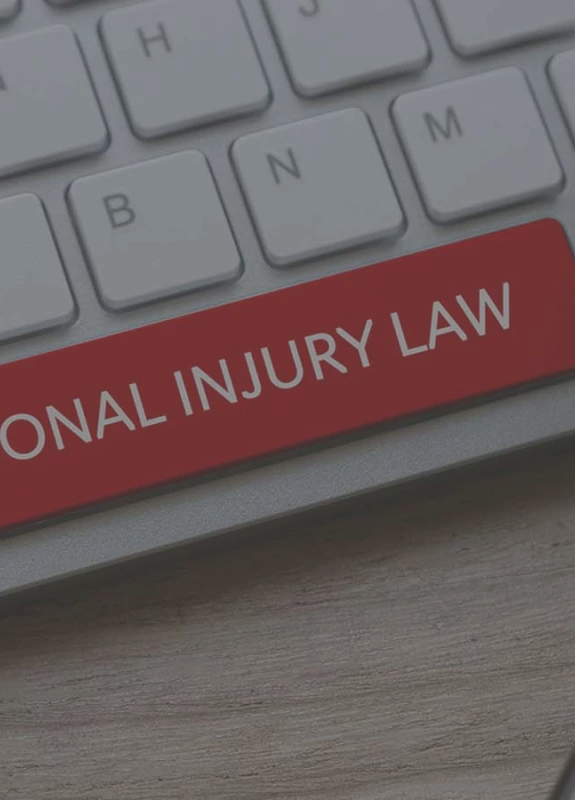In the U.S., an average of 225,000 unintentional injury deaths occur each year. Many of these are wrongful deaths. When presenting wrongful death lawsuits, one of the steps in the process is a deposition. But what happens after a deposition in wrongful death cases?
The answer depends on when the deposition takes place and how it affects the next steps in the legal proceedings. The unique circumstances of the case also play a role. In some instances, the deposition could lead to a settlement. In others, it could bring you closer to a trial. Learn more about what to expect.
The Purpose of a Deposition in a Wrongful Death Case
A deposition is the process in which a witness provides testimony. Depositions do not involve the court and take place at the request of the other party’s legal team. A wrongful death attorney can request a deposition, also called an examination, before trial.
During a deposition, the witness has to answer questions under oath, so it’s a useful way for lawyers to get truthful answers from the opposing party. There are a few main reasons why a personal injury lawyer takes a deposition, including to:
- Test theories
- Seek information on the other party
- Get materials for the trial
- Seek admissions of fact
- Observe witnesses
- Preserve testimony in case of witness unavailability during trial
The reason the injury lawyers called for the deposition will usually impact what happens after it occurs. The right lawyer will explain why they’re having a deposition and what you can expect to result from it.
How Depositions Impact the Discovery Phase
Depositions make up just one of the many parts of the discovery phase of wrongful death cases. This is the period during which both parties gather information to prepare for a potential trial.
Depositions help to establish a dialogue as well as an official record of the facts that the witnesses know. At the same time, they also help determine the limits of the deponents’ knowledge of the incident at hand. Depositions allow the lawyer to get a version of what happened from the other party and to get a sense of the arguments they will use in court.
A deposition in a personal injury case also lets the lawyer see what the strengths and weaknesses of the case are, including those that could impact the verdict. It’s a tool that allows a party to explore the deponent’s answer to the complaint and to interrogatories.
Although a deposition is not part of a trial, the information gathered can be used in court. These proceedings can also help in gathering additional documentary evidence that might not have been available by other means.
How Your Attorney May Use Depositions to Move Your Case Forward
Settlement negotiations often begin after a deposition. Insurance companies and other parties may even refuse to negotiate any kind of settlement agreement before the deposition takes place. Defense attorneys also wait to depose witnesses before talking about settlements because having a shaky witness can impact trial outcomes.
A deposition helps a defense attorney see whether the case against their client is strong enough to prevail at trial. If it is, the settlement negotiations can begin in earnest. That is what your lawyer strives for when they choose to call for depositions.
It’s important to note that what happens after a deposition might be a trial. It is very common to have depositions for cases that end up going to trial because of their often complex natures. If the case is set to go to trial, you can expect further discovery to take place after the deposition.
The deposition is just one of the tools that personal injury lawyers turn to during the discovery phase. Other options include:
- Interrogatories
- Production and inspection
- Requests for admissions of facts
During interrogatories, the legal team asks the opposing party questions in writing. These questions require written answers. The lawyer can only ask questions from the opposing party, however — not witnesses. In some instances, attorneys turn to interrogatories before depositions during wrongful death lawsuits.
Production and inspection refers to the process of requiring the other party to present documents they intend to use during the case. A request for admissions of facts allows each party to ask the other to verify facts or documents before going to trial.
FAQS
Can You File Wrongful Death Cases for Traumatic Brain Injuries?
Losing a loved one because of a traumatic brain injury from a fall, assault, car accident, workplace danger, or more requires that you turn to a personal injury lawyer. They will help you learn whether you have a wrongful death case. Remember, too, that each case is unique, and the circumstances of the brain injury that resulted in death have to be considered.
Can Concussions Lead to Death?
Untreated and serious concussions can result in death if not treated correctly or at all. If your loved one died as a result of a concussion that occurred from an accident, turn to Sands Law to learn more about your options.
What Are the Most Common Causes of Wrongful Death?
There are many causes of wrongful death; these include:
- Workplace accidents
- Occupational hazards
- Birth injuries
- Neglect or abuse in assisted living facilities
- Product defects
- Premise accidents
If you are unsure whether you have a case for a wrongful death lawsuit, it is essential that you turn to experienced personal injury lawyers.
Sands Law: Get Help With a Wrongful Death Case
If you’ve been impacted by a wrongful death, getting experienced representation can make a difference. At Sands Law, you will receive the individualized attention your case deserves. If you have questions about what happens after a deposition, or if you worry about what the rest of the process will entail, contact Sands Law for a free consultation.
Conclusion
Recover more compensation. Save time. Worry less. Leave it to the experts at Sands Law to help you. It’s what we’re here for.




